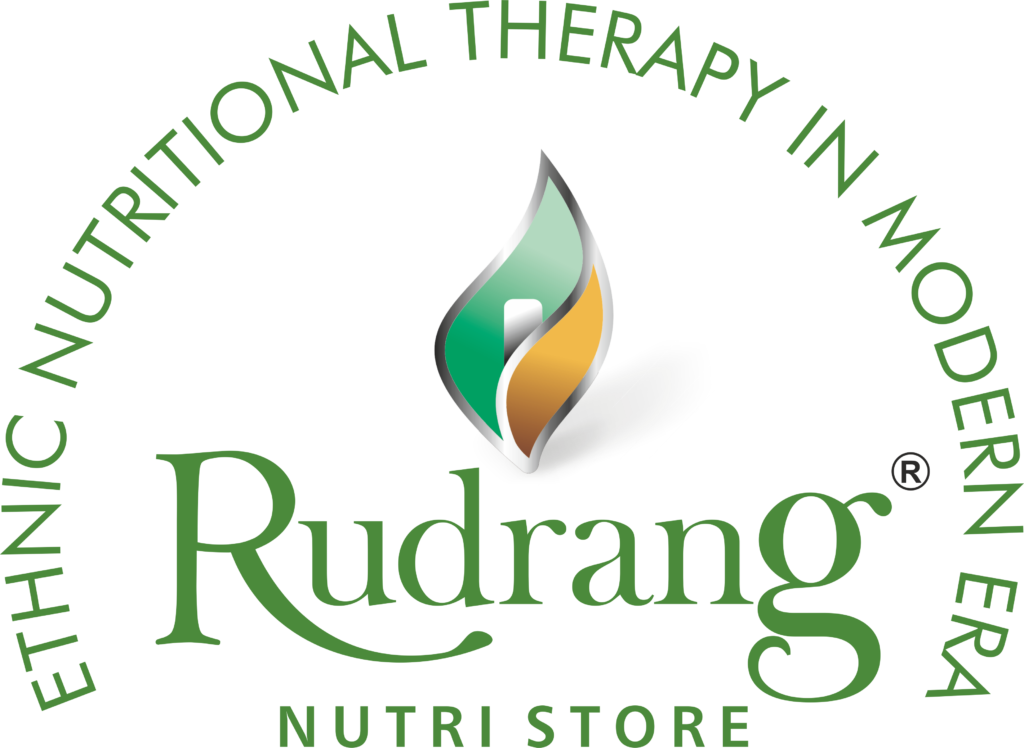Proage Premium
- SILYBUM MARIANUM- commonly known as milk thistle, has been used for centuries for its potential health benefits. While some of its purported advantages have been supported by scientific studies, it’s essential to note that more research is needed to confirm the full extent of its effectiveness. Here are some scientifically supported health benefits of silybum marianum extract:
- Liver Support: Milk thistle is most well-known for its liver-protective properties. It contains a flavonoid called silymarin, which has antioxidant and anti-inflammatory effects. Several studies have shown that silymarin can help protect the liver from toxins and promote liver health. [1] [2]
- Detoxification: Silymarin has been shown to support the detoxification processes of the liver by enhancing the activity of enzymes involved in detoxification pathways. This can help the body eliminate harmful substances more efficiently. [3]
- Antioxidant Properties: Silymarin is a potent antioxidant, which means it can help protect the body from oxidative stress caused by free radicals. This can potentially reduce the risk of various chronic diseases. [5]
- Skin Health: Some preliminary research indicates that milk thistle may have benefits for skin health, including reducing the symptoms of certain skin conditions such as psoriasis. [6]
- Diabetes Management: There is some evidence that silymarin may help improve blood sugar control in individuals with diabetes. It can also support the management of diabetic complications, such as diabetic nephropathy. [7]
- Cholesterol Regulation: Silymarin has been studied for its potential to lower LDL (bad) cholesterol levels and improve overall lipid profiles, which can benefit cardiovascular health. [8)
Cancer Prevention: Some studies suggest that silymarin might have a role in preventing certain types of cancer, especially those related to the liver. However, more research is needed in this area.
- GLUTATHIONE- is a powerful antioxidant produced in the human body and found in some foods. It plays a crucial role in several physiological processes. When used as a supplement, glutathione may offer a range of health benefits, some of which are supported by scientific studies. Here are some scientifically supported health benefits of glutathione:
- Antioxidant Protection: Glutathione is one of the body’s primary antioxidants, helping to neutralize harmful free radicals and reduce oxidative stress, which can lead to cellular damage. Several studies have confirmed its antioxidant properties. [1]
- Immune System Support: Glutathione plays a key role in immune system function by enhancing the activity of immune cells. Some research suggests that glutathione supplementation can boost immune response and help the body fight infections. [2]
- Detoxification: Glutathione is essential for detoxifying the body by binding to and neutralizing toxins, heavy metals, and drugs. It’s particularly important for liver health and detoxification processes. [3]
- Skin Health: Some studies have indicated that glutathione may have skin benefits, including reducing the appearance of age spots, dark patches, and skin pigmentation issues. This is why it’s used in some skin care products. [4]
- Respiratory Health: Glutathione has been studied for its potential to alleviate symptoms of respiratory conditions like asthma and chronic obstructive pulmonary disease (COPD). It can help reduce inflammation in the airways and improve lung function. [5]
- Neurological Health: Glutathione is important for protecting the brain and nervous system from oxidative damage. It has been investigated for its potential role in conditions like Parkinson’s disease and Alzheimer’s disease. [6]
- Heart Health: Some studies have suggested that glutathione may help improve cardiovascular health by reducing oxidative stress and inflammation, which are risk factors for heart disease. [7]
Cancer Prevention: While research is ongoing, glutathione’s antioxidant properties may reduce the risk of cancer by protecting cells from DNA damage caused by free radicals. It can also enhance the effects of certain cancer treatments.
